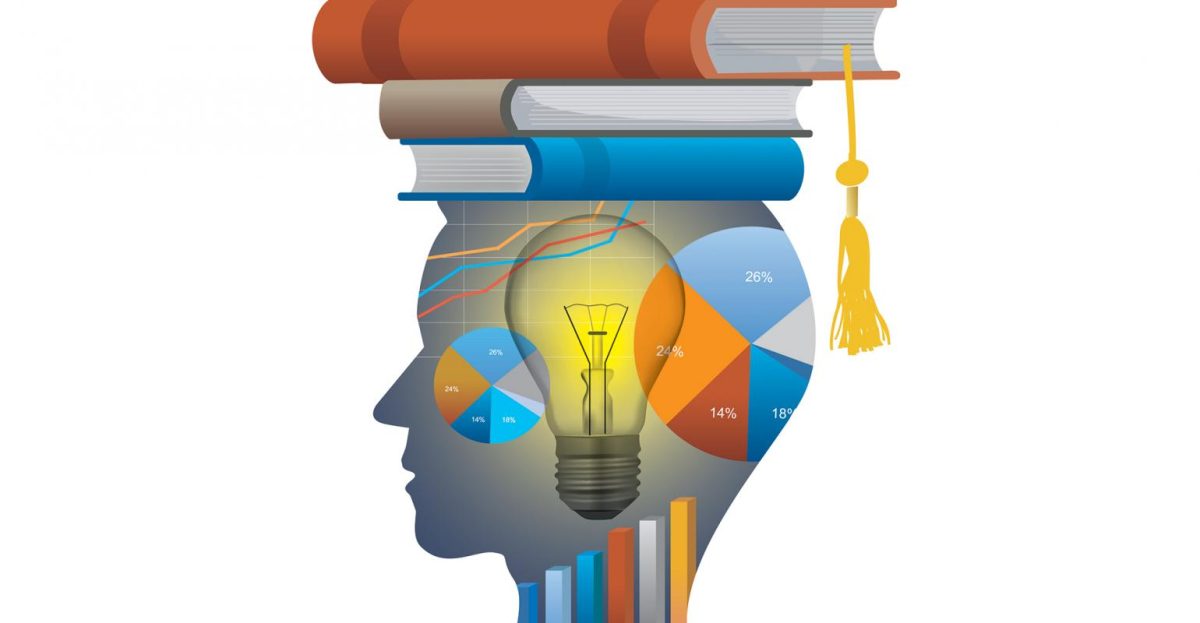As an 18-year-old high school graduate, I’ve learned that economics and managing money can be really challenging. Money can be confusing and stressful, but understanding it is crucial for being comfortable and secure in the future. Even though it may seem tough, getting a grasp on personal economics is essential for making smart financial decisions.
1. The Cost of Living
One of the first things to understand is the cost of living, which is how much money you need to cover basic expenses like rent, food, and transportation. The cost of living varies depending on where you live. For instance, living in a big city like New York or San Francisco is usually much more expensive than living in a smaller town or rural area. This difference is because cities often have higher housing costs, more expensive goods, and services. In contrast, rural areas typically have lower prices and less expensive housing.
2. Investment in the Future
Investing is another important aspect of personal economics. Investing means putting your money into things that can grow in value over time, which can help you build wealth for the future. There are different types of investments you can consider. Stocks are shares in companies that can increase in value if the company does well. Bonds are loans to companies or governments that pay you interest over time. Savings accounts are safer but usually offer lower returns. Understanding these options can help you decide where to put your money to grow it effectively.
3. How to Start a Bank Account
Starting a bank account is a fundamental step in managing your money. To open an account, you need to visit a bank with identification, such as a driver’s license or passport. You’ll also need to make an initial deposit, which can be a small amount of money. Banks offer different types of accounts, such as savings accounts that earn interest on your money or checking accounts for everyday transactions. Having a bank account helps you keep track of your money and is a basic tool for financial management.
4. Higher Education vs. Stable Job
When deciding between going to college or starting a job right after high school, it’s important to weigh the pros and cons of each choice. Higher education can lead to better job opportunities and higher earnings in the future, but it often involves taking on student debt and spending several years studying. On the other hand, starting a stable job right after high school can help you earn money and gain work experience quickly, but it might limit your career options in the long run. Choosing the right path depends on your career goals and financial situation.
5. The Best Types of Jobs for a High School Graduate
For those who choose to start working right after high school, there are several good job options. Customer service, or administrative roles can provide income and experience. Trade jobs, like becoming an electrician or plumber are great choices as they offer good pay. These jobs can be a starting point to build a career while you gain more experience and skills.
In conclusion, while economics and managing money can seem difficult, understanding these basics is key to achieving financial comfort and security. By learning about the cost of living, investments, how to start a bank account, and the pros and cons of higher education versus starting a job, you can make decisions that will benefit you in the long run.

